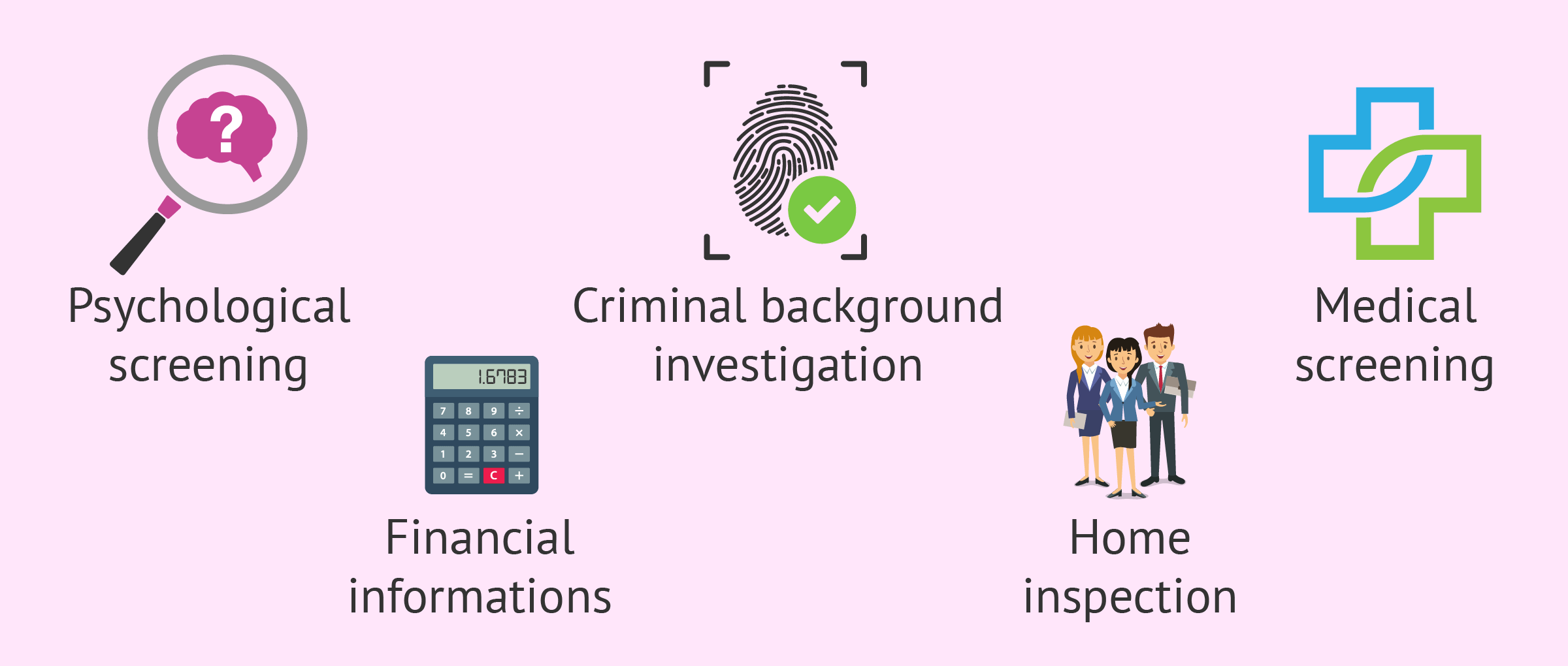Adoption in the United States is a life-changing process that legally transfers parental rights and responsibilities from biological parents to adoptive parents. While the laws governing adoption vary by state, the process typically involves several legal steps to ensure the best interests of the child are upheld. Here’s a comprehensive look at the adoption process from a legal perspective.
1. Types of Adoption
The U.S. offers various adoption paths, each with its own legal nuances:
- Domestic Adoption: Adopting a child within the United States through private agencies, public child welfare systems, or independent adoptions.
- International Adoption: Involves adopting a child from another country, governed by both U.S. federal laws and the child’s home country.
- Stepchild Adoption: A stepparent adopts their spouse’s child, often requiring the consent of the non-custodial biological parent.
- Kinship Adoption: A relative adopts a child, typically when biological parents are unable to provide care.
- Foster Care Adoption: Adopting a child from the foster care system, often involving children whose biological parents have had their parental rights terminated.
2. Legal Requirements for Prospective Parents
Adoption laws vary by state, but general requirements include:
- Eligibility: Must meet age, residency, and sometimes marital status requirements (varies by state).
- Home Study: A thorough assessment of the adoptive family’s home, lifestyle, and preparedness conducted by a licensed social worker.
- Background Checks: Fingerprinting and criminal background checks to ensure the safety of the child.
Adoptive parents must demonstrate their ability to provide a stable and nurturing environment.
3. Consent Requirements
A key legal step in the adoption process is obtaining consent:
- Parental Consent: Biological parents must voluntarily terminate their parental rights unless the court finds grounds for involuntary termination, such as abuse or neglect.
- Child’s Consent: In some states, children over a certain age (usually 12-14) must consent to the adoption.
Consent must be given freely and is typically irrevocable after a set period.
4. Termination of Parental Rights
Before an adoption can proceed, the biological parents’ rights must be legally terminated. This can happen:
- Voluntarily: When parents agree to relinquish their rights.
- Involuntarily: Through a court order if parents are deemed unfit due to abuse, neglect, or abandonment.
This step is crucial to clear the way for the adoption process.
5. Filing an Adoption Petition
Once eligibility is established and parental rights terminated, the adoptive family files a formal adoption petition in court. This petition typically includes:
- Details about the adoptive parents.
- Information about the child.
- Proof of consent and compliance with state requirements.
6. Court Hearings
A judge reviews the adoption petition during a court hearing. The judge ensures:
- The adoption serves the child’s best interests.
- All legal requirements are met.
- The child, if old enough, is comfortable with the arrangement.
In most cases, the hearing is a straightforward process, culminating in the judge finalizing the adoption and issuing a decree.
7. Post-Adoption Requirements
After the adoption is finalized:
- Amended Birth Certificate: A new birth certificate is issued, listing the adoptive parents as the child’s legal parents.
- Follow-Up Visits: Some states require post-placement visits by a social worker to ensure the child’s well-being.
For international adoptions, additional steps may include obtaining U.S. citizenship for the adopted child.
8. Challenges in the Adoption Process
The legal journey of adoption can involve challenges such as:
- Contested Adoptions: When biological parents revoke consent or dispute the process.
- Interstate Adoptions: Governed by the Interstate Compact on the Placement of Children (ICPC), adding extra legal steps.
- Compliance with International Laws: For international adoptions, compliance with the Hague Adoption Convention is required.
Legal representation is often essential to navigate these complexities.
9. Adoption Costs
Adoption costs can vary widely depending on the type of adoption:
- Private Agency: $20,000 to $50,000.
- Foster Care: Often free or minimal costs due to state subsidies.
- International Adoption: $20,000 to $40,000, plus travel and legal fees.
Understanding these costs and potential subsidies (like the federal adoption tax credit) is important.
10. Legal Support and Advocacy
Adoption is a significant legal commitment. Prospective parents are advised to:
- Work with an experienced adoption attorney to understand state-specific laws.
- Collaborate with licensed agencies to ensure a smooth process.
- Stay informed about the rights of all parties involved.
Adoption in the U.S. is a deeply rewarding but legally intricate process. With proper preparation, legal guidance, and a focus on the child’s best interests, adoptive families can navigate the system successfully and provide a loving, permanent home for a child in need.
